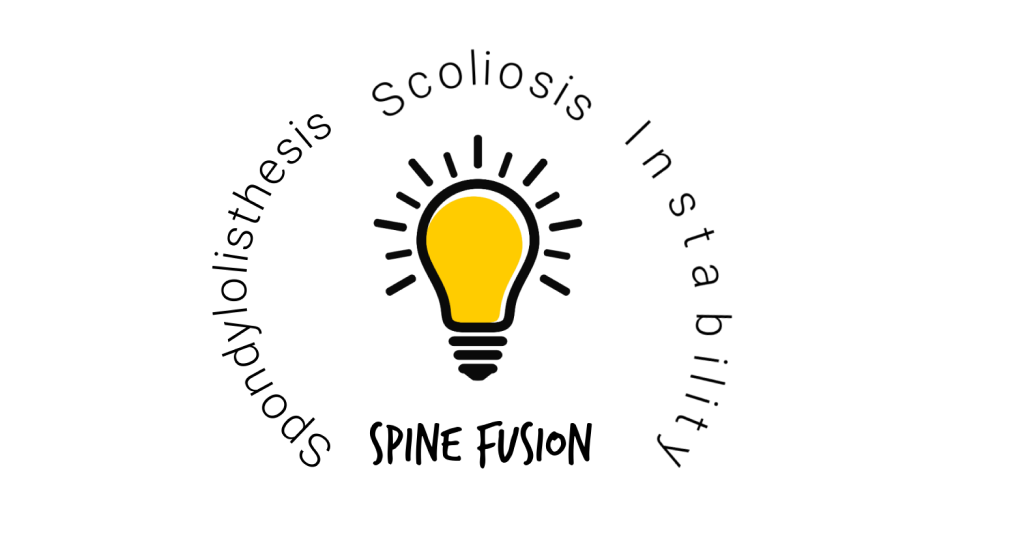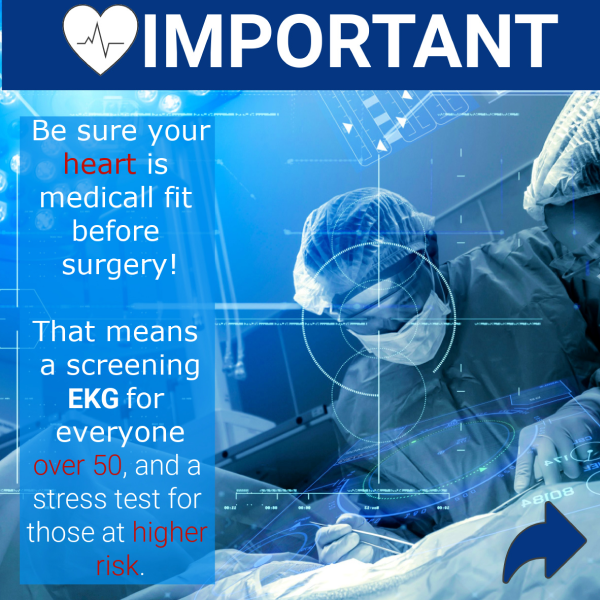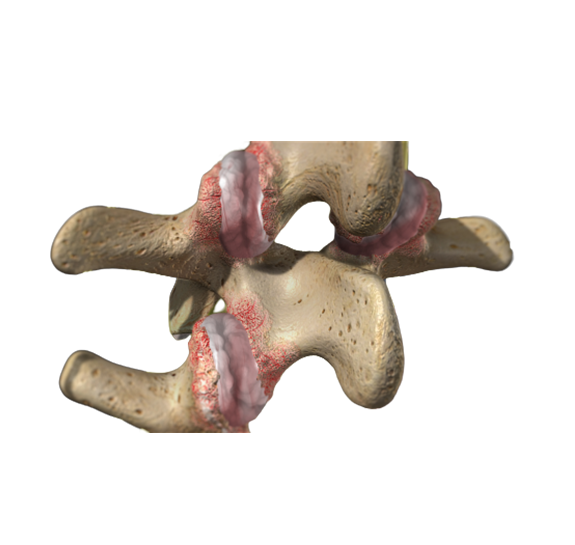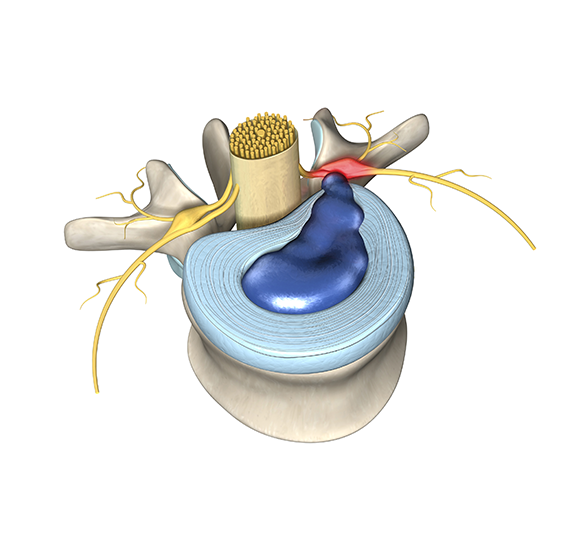
Two critical things about spinal fusion surgery
Two critical things about spinal fusion surgery https://bestpracticehealth.tv/wp-content/uploads/2022/12/spinal-fusion-banner.png 1024 535 Best Practice Health TV Best Practice Health TV https://bestpracticehealth.tv/wp-content/uploads/2022/12/spinal-fusion-banner.pngThere are two things I want to share with you about spinal fusion.
First, Spinal fusion is a solution to three specific problems. No matter how bad your back pain is, if you do not have the right problem, spinal fusion is not the right solution.Consider spinal fusion if you have instability, spondylolisthesis with stenosis, scoliosis, or instability. Simple, right?
Well… reality is not always that simple. Spinal fusion is proved to work, indicated by guidelines, and covered by insurance for spondylolisthesis, scoliosis, and instability. So, it may surprise you to learn that most spinal fusion is not done for one of these three reasons. Most spinal fusions are done for degenerative disc disease (DDD).
The trouble is that spinal fusion is haphazard for DDD; and having spinal fusion weakens the back and changes your dynamics in such a way that 17% of people who have spinal fusion need another one within 5 years. Long story short, if you have degenerative disc disease, make sure you try growth factor injection as well as denervation before even considering spinal fusion.
The other thing to consider about spinal fusion is whether you are healthy enough to have it. Spinal fusion is a big surgery, which may involve considerable muscle damage, blood loss, and anesthesia. The most important organs to check before spinal fusion surgery are your heart, lungs, kidneys, and blood.

Heart attacks are a well-known complication of spinal fusion surgery. The anesthesiologist is the last check on your health the day of. If you have a primary care doctor or cardiologist, they should be involved as well. Regardless, the American Heart Association recommends everyone over 50 gets a screening 12 lead Electrocardiogram. In addition, diabetics over 50, those with a history of coronary artery disease, and everyone over age 80 should have a “stress” EKG on a treadmill. If you are not mobile enough for a treadmill stress test then you will need a chemical adenosine cardiolyte study.

For most spinal fusion surgeries, you lay on your stomach and are deeply sedated with a breathing tube. The prone position and ventilator put extra stress on your lungs. If you have COPD (Chronic Obstructive Pulmonary Disease) or see a lung doctor, then you will need pulmonary function tests prior to surgery. Smoking puts you at elevated risk for pneumonia and failure of fusion; stop at least 3 weeks prior to surgery.
Anesthesia involves medications, many of which are eliminated by your kidneys or liver. Both need to be working well at the time of surgery. If you have a history of kidney failure and/or a nephrologist, you will need their clearance before surgery. Same is true with your liver.
Safe surgery depends on normal blood clotting. Your surgeon will check your complete blood count prior to the procedure. Make sure you let your surgeon know if you have easy bruising, family history of a clotting disorder, or a known blood clotting abnormality.

Finally, a special shout out to people with diabetes. Careful management of diabetes is essential before, during, and after surgery.
- Posted In:
- Spinal Fusion








